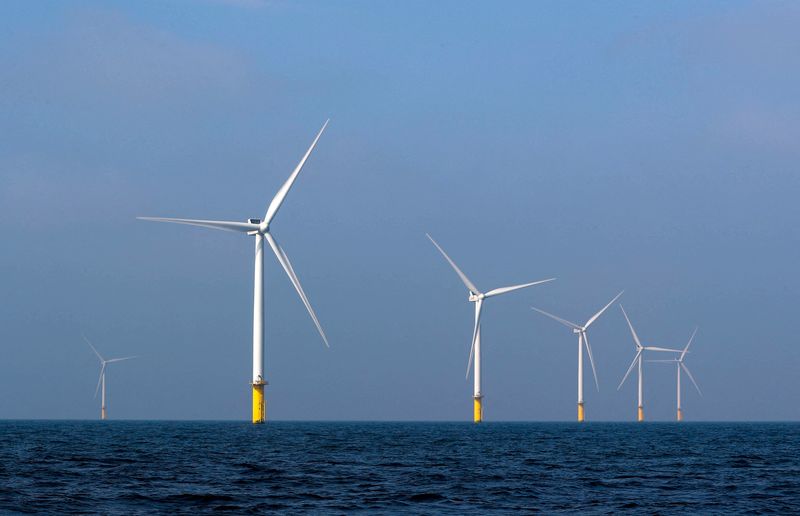TRENTON, NJ – Legislators in Trenton will soon be voting to give Orsted, the foreign company seeking to build wind turbines off the coast of New Jersey even more taxpayer money to get the project done. The company is now seeking to receive additional money from the state government to complete the work.
This legislation allows specific qualified offshore wind projects to retain certain federal tax benefits that were introduced after the projects were approved. These tax benefits were established to support and strengthen the offshore wind industry in response to the challenges posed by the COVID-19 pandemic and its unique macroeconomic impact.
The company is blaming soaring costs to do business and inflation for its need for more cash to complete the project. Democrat legislators in Trenton are even blaming the war in Ukraine for the costs.
“Ukraine, starting a war that, in addition to causing a horrific loss of life and human suffering in Ukraine, has further exacerbated global market disruptions and further contributed to commodity shortages and higher rates of inflation,” the bill states.
Under this bill, a qualified offshore wind project approved before July 1, 2019 has the option to choose and keep incremental federal tax benefits. The term “incremental federal tax benefit” in the bill refers to federal tax credits, subsidies, grants, or other sources of funding that were established or increased after the approval of a qualified offshore wind project.
These benefits were not previously outlined in the project’s awarded solicitation agreement. The primary incremental federal tax benefits covered by this bill include those established by the federal “Taxpayer Certainty and Disaster Tax Relief Act of 2022,” the federal “Inflation Reduction Act of 2022,” and section 41 of the federal Internal Revenue Code of 1986.
To calculate each incremental federal tax benefit, the total approved eligible costs of the project are multiplied by the difference between the applicable incremental federal tax benefit and the corresponding benefit identified in the project’s approved Offshore Renewable Energy Certificate (OREC) pricing proposal. Additionally, each qualified offshore wind project is allowed to retain a portion of the federal tax credits it receives. This portion is calculated by multiplying the tax credit rate specified in the project’s approved pricing proposal by the difference between the project’s total approved eligible costs and its estimated costs at the bidding stage.
The bill mandates that a qualified offshore wind project must submit a compliance filing to the Board of Public Utilities within 180 days of the bill’s enactment if the project wishes to elect to retain federal tax benefits. The compliance filing includes several requirements, such as an affidavit confirming the project’s commitment to proceed with construction, a schedule outlining the project’s material investments in qualified wind energy facilities, a timeline of project development and construction milestones, and a commitment to provide performance securities for both investments in qualified wind energy facilities and the project itself. Failure to comply with certain aspects of this compliance filing empowers the Board of Public Utilities to reduce the amount of the performance securities, with the possibility of complete forfeiture of the securities by the project.

